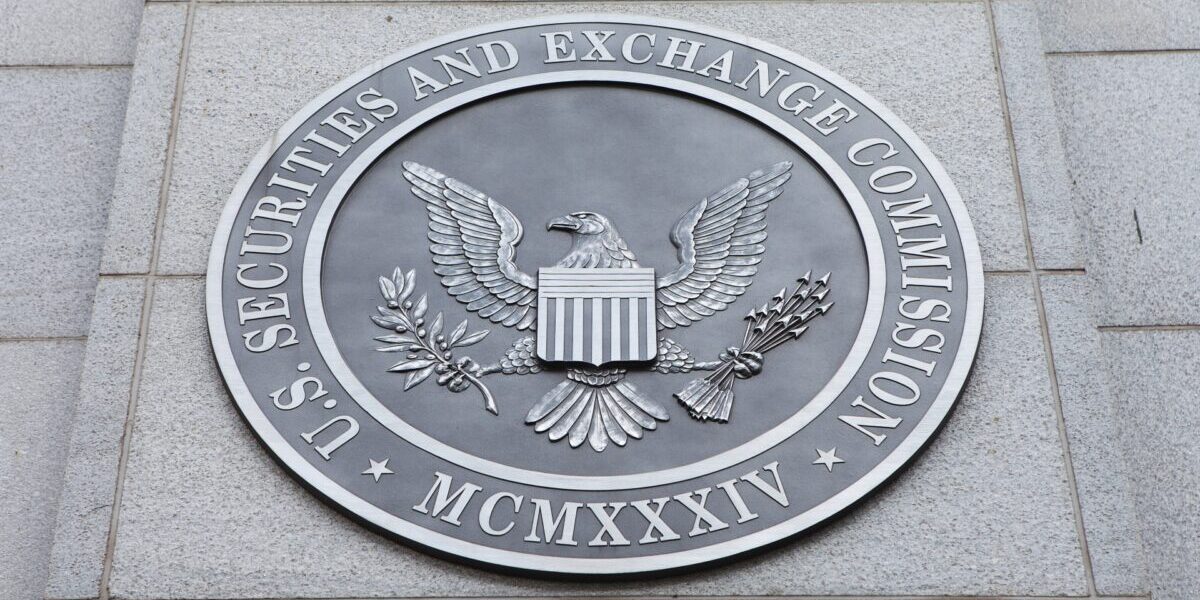Search Posts
Recent Posts
- Do you meet the definition of an “Accredited Investor” under the new SEC Rules? December 8, 2020
- Do You Really Have Time To Read & Understand The Heroes Act? November 23, 2020
- Governor Newsom – Please Order all Court Buildings in the State of California Closed starting March 16 March 15, 2020
- Three Men Arrested in $722 Million Cryptocurrency Fraud Scheme Targeting “Dumb” Investors December 10, 2019
- Should Court Transcripts be Provided to Parties Free of Charge? December 3, 2019
Categories
Subscribe!
Thanks for subscribing! Please check your email for further instructions.

Part 4: Highlights from LACBA’s 52nd Annual Securities Regulation Seminar – SEC Division of Corporation Finance Update
Panel: SEC Division of Corporation Finance Update
This U.S. Securities and Exchange Commission (SEC) Division of Corporation Finance Update Panel at LACBA’s 52nd Annual Securities Regulation Seminar discussed recent developments, including regulation reduction and other initiatives of the SEC Division of Corporation Finance. Jonathan K. Layne, Gibson, Dunn & Krutcher served as the moderator. The panelists were David Fredrickson, Chief Counsel, SEC Division of Corporation Finance and Gregg A. Noel, Skadden, Arps, Slate, Meagher & Flom LLP. The bold headlines below are the main takeaways followed by a brief discussion.

All issuers can take advantage of the testing-the-waters accommodation
David Fredrickson described how changes at the SEC have positively impacted the markets, such as the dramatic rule change, Rule 163B, which extends the testing-the-waters accommodation to all issuers. Previously, the testing-the-waters accommodation was available only to emerging growth companies.
Direct Listings have certain benefits and have become a viable alternative to IPOs
Direct listings are a viable alternative to IPOs because they are less expensive and may be less susceptible to dilution, leading to maximization of the value of securities held by investors, among other things. An example of a well-known direct listing is Spotify Technology S.A. If you are interested in learning more about Spotify’s direct listing, read this case study done by Harvard Law School Forum on Corporate Governance and Financial Regulation. Spotify’s direct listing is often compared to traditional IPOs like Uber, Lyft and Pinterest, that have left investors disappointed.
The SEC spends a significant portion of time on Shareholder Proposals which may not be the best use of the SEC’s time
Each year, the SEC receives about 300 requests to review shareholder proposals and each request must be responded to in writing. One perspective is that this is not the best use of the SEC’s time. The SEC plans on developing a website to transparently post all shareholder proposal decisions and include commentary, to the extent possible. The SEC also just issued Staff Legal Bulletin 14K which contains important information regarding the analytical framework of Rule 14a-8(i)(7); board analyses provided in no-action requests to demonstrate that the policy issue raised by the proposal is not significant to the company; the scope and application of micromanagement as a basis to exclude a proposal under Rule 14a-8(i)(7); and proof of ownership letters.
Boards should recognize the importance of risk assessment and risk management
It is crucial for companies to identify and disclose material risks specific to their industries or segments, such as Brexit and the end of LIBOR. Some of the risks that companies should consider disclosing related to Brexit include supply chain impacts, changes in office locations and other business risks. One big risk that companies should consider disclosing related to LIBOR is the fact that many contracts are tied to LIBOR. Management must regularly assess risk to adequately address how risk exposure may change quarter after quarter.
In the event of a cybersecurity breach, Management must balance requirements of law enforcement, investors and those impacted by the breach
Managing disclosure of cybersecurity risk is challenging because, on the one hand, when a cybersecurity attack is in progress and law enforcement has been notified, law enforcement does not want it publicly disclosed so that they can work behind the scenes to catch the wrongdoers. On the other hand, investors and others impacted by a cybersecurity attack will want to know about it as soon as possible to take protective measures, among other things. Therefore, there are tensions about what information to disclose, to which parties, at which times, while factoring in disclosure regimes at both the state and federal levels.
Cybersecurity breaches will likely continue for the foreseeable future
Savvy boards invite IT professionals regularly to attend board meetings to provide information about cybersecurity attacks, security and privacy matters. The presence of IT professionals in board meetings will probably continue for the foreseeable future.
The SEC is struggling with drafting sustainability disclosure rules that will, on the one hand, elicit information investors desire, and on the other hand, require companies to provide tailored disclosure
While the SEC recognizes the importance of sustainability disclosure, it doesn’t want to provide a long checklist that companies copy mindlessly into disclosure documents. In the meantime, companies should value long-term sustainability practices and communicate with rating agencies to explain how their sustainability practices relate to their mission.
Companies should carefully think about the implications and disclosure of exclusive forum provisions
The implications, adoption and disclosure of exclusive forum provisions has been and continues to be a hot issue in the context of M&A activity and exit strategy. These types of provisions can be extensively litigated, even in cases where the exclusive forum provisions were adequately disclosed to investors.
The SEC is modernizing Regulation S-K disclosure to reduce repetition and improve disclosure
The SEC is modernizing disclosures of Business, Legal Proceedings and Risk Factors under Regulation S-K.
One of the significant changes to the Description of Business disclosure requirement is to reduce repetitive information previously provided. This way, a company can link back to previous recent disclosure that explains the business and only provide additional disclosure if material.
A significant change to the Legal Proceedings disclosure requirement is to revise the threshold for disclosure of environmental proceedings to which the government is a party from $100,000 to $300,000.
Lastly, Risk Factor disclosure that exceeds 15 pages, which it often does, must include summary risk factor disclosure.
Please email me with questions or leave a comment below!